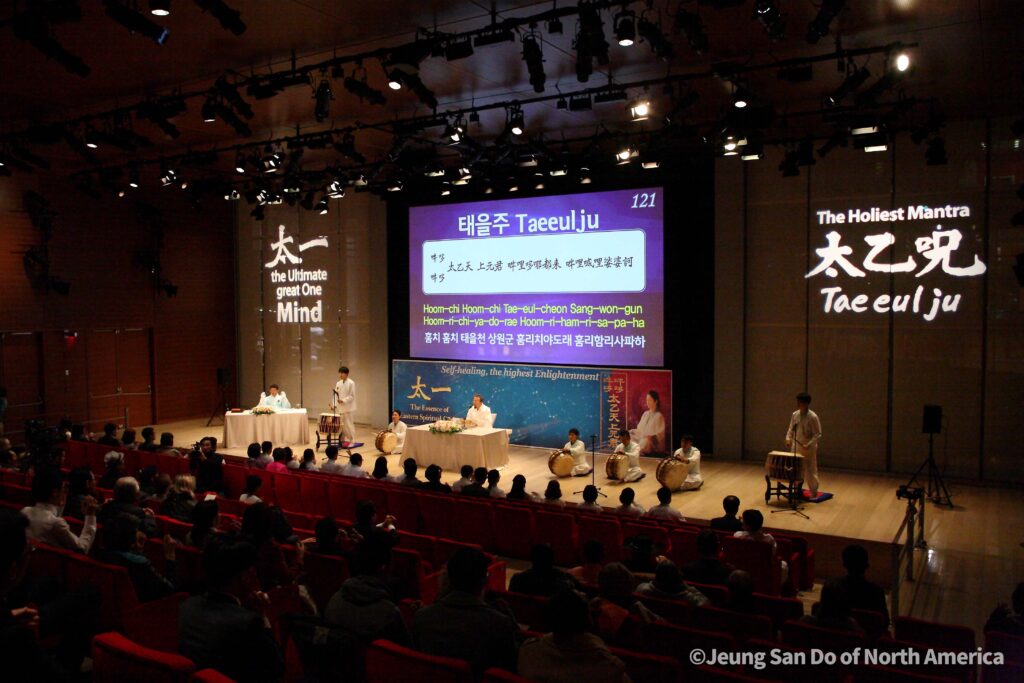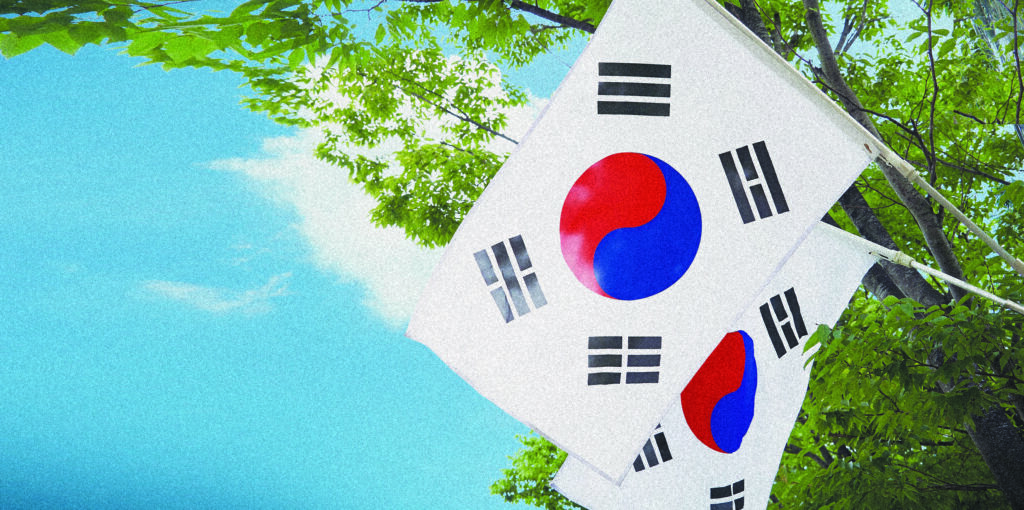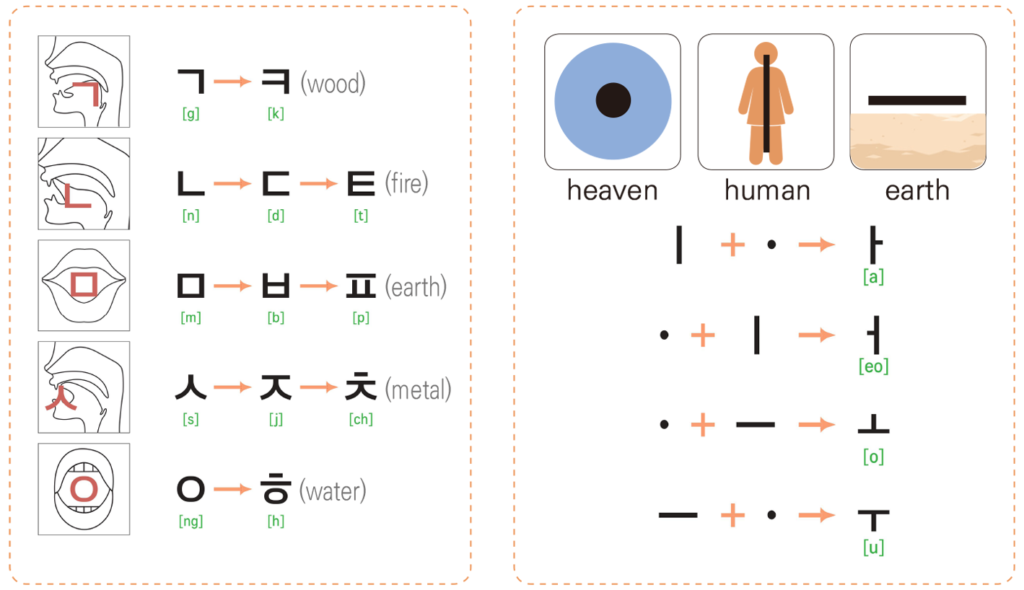The Great Change of Gaebyeok
The approaching time of Gaebyeok is when the universe and humanity will be reborn. Gaebyeok is the message of hope that humanity will encounter a new world. Gaebyeok is not the end, it is merely a message of hopeful new beginnings.
The Coming of the Later Heaven and Mutual Life-Giving and Life-Saving
The shift in cosmic seasons is brought about by a shift in the heavens. There exist two quite different heavens that raise human civilizations with different principles. There are the Early Heaven and the Later Heaven.
The Cosmic Year
“Those aware of the tides of the world possess the qi of life. Those ignorant of the tides of the world possess the qi of death.” (Sangjenim, Dojeon 5:190:12)
What is the Taeeulju Mantra?
Taeeulju meditation is the fruit of 9,000 years meditation from Eastern land, Korea. This amazing and sacred heavenly song has been secretly handed down since ancient times. This mantra consists of twenty-three holy sounds.
Globalization of K-Content

The world is abuzz about the latest Korean drama, Squid Game. Millions around the world are singing and dancing to BTS’s mega hits “Butter” and “Permission to Dance.” Korean movies, TV dramas, pop groups, women’s makeup styles, and other expressions of Korean culture have gained global recognition.
The Korean Flag

The Korean flag, known as ‘Taegeukgi’ (“Taegeuk Flag”), represents the profound worldview of the Korean people, stemming from Korea’s ancient teachings and traditions.
Hangul: The Korean Alphabet

Hangul (“Great Script”) has been lauded by prominent linguists for being ‘scientific’ and easy to learn. The alphabet was devised in 1443 during the reign of King Sejong the Great (1397–1450).
K-Food, Clothing, Shelter

A key trait of Korean cuisine is the combination of the eum-yang philosophy and fermentation. For example, the main ingredients for kimchi are cabbage and radish.
Korean History

Korea is a land of ancient traditions. Olden historical sites, such as the stately five-hundred-year-old Gyeongbokgung Palace, stand in the middle of Seoul, South Korea’s capital, and in other cities and countrysides across the land.
Korean Spiritual Culture

Korean culture traces back nine thousand years. Ancient Koreans experienced a direct connection with the spirits of heaven and earth and nature itself. They viewed humans, animals, plants, and even grains of sand as being sacred and spiritual.
